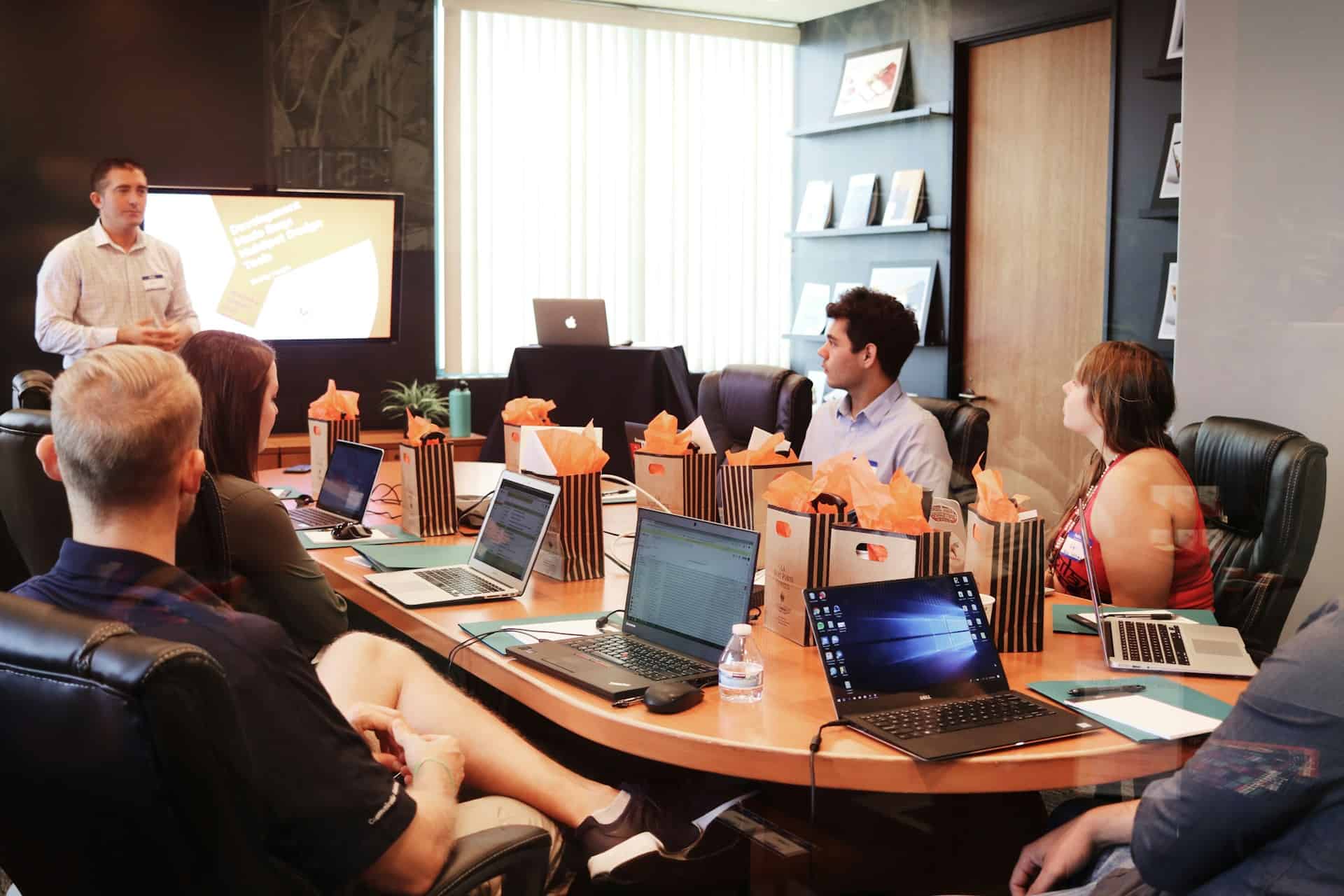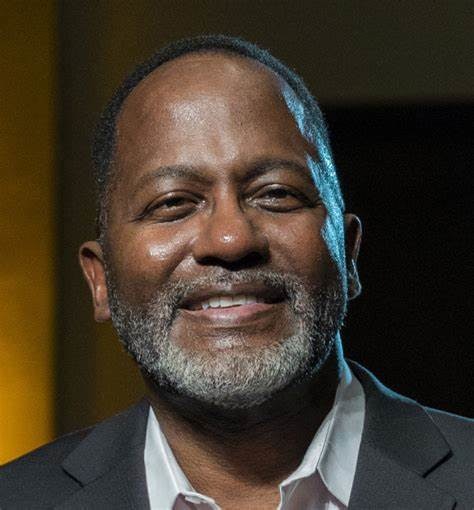The initiative to ease employment-based non-immigrant visas for US college graduates with job offers is aimed at attracting top talent and retaining skilled workers to help the economy.
“The US needs to hire more international graduates. Our society is ageing, our birthrate is falling, and our own citizens are choosing not to pursue degrees in the STEM, healthcare and services fields,” IIE CEO Alan Goodman told The PIE News.
“This new policy could be an important step for the US to attract skilled graduates by streamlining visa processes and providing clear guidelines for waivers to retain top talent and bolster our workforce,” he added.
As part of the changes, the US Department of State clarified guidance to consular officers on July 15 about when they should consider recommending that a waiver be granted to certain applicants, streamlining the process and resulting in a faster issuing of work visas.
“It’s fair to say there are indications that the current US administration – which, of course, includes Vice President Kamala Harris – is making moves that are more accommodating of international students,” Anna Esaki-Smith, cofounder of research consultancy Education Rethink and author of Make College Your Superpower, told The PIE.
The nonimmigrant work visa, officially titled the H1B visa, allows individuals to work in the US for three years through employer sponsorship, with extensions available for up to three years thereafter.
“As it stands, obtaining an employment-based immigrant visa process can be quite onerous. Between high fees, long wait times and the visa cap set by Congress, students who wish to stay in the US do not have a guaranteed pathway,” said Goodman.
As it stands, obtaining an employment-based immigrant visa process can be quite onerous.
Alan Goodman, IIE
While the most recent changes will fast-track graduates with job offers to obtaining the visa, according to Goodman, a major problem with the visa is that it’s not being issued in large enough numbers.
For the 2024 fiscal year, around 781,000 initial H1B visa applications were submitted, but only 24% were selected to complete a petition. Of those, only 85,000 will receive a visa because, since 2004, Congress has imposed an annual cap of 65,000, with an additional 20,000 for master’s and PhD degree-holders, Goodman explained.
Though the easing of visa rules in the US sends an overall welcoming and positive message to students, “the reality is murky,” said Waxman.
“Relatively small technical details and policy guidance revisions become very difficult for university recruiters and education agents to understand… the information students find online from many different sources is often flawed, incorrect or partially incorrect,” he warned.
Since the H-1B visa announcement, the Department of Homeland Security also added Environmental/Natural Resource Economics to the list of STEM subjects that allow international students to qualify for a two-year extension of the one-year OPT work program.
Such measures will help to boost the popularity of the US as a study destination and provide increased opportunities for international students eager to increase their employability through overseas work experience.
“We have seen that scenario play out in many countries over the past two decades. Where access to jobs increases, enrolment rises. Where access decreases, enrolment drops,” CEO of Intead Ben Waxman told The PIE.
“There are strong indicators that a Harris presidency will be supportive of international education and career opportunity growth. If I were placing bets, I’d add more money to the pot on this one,” he added.
However, Esaki-Smith warned about predicting election outcomes, much less policy regarding international students, pointing to Donald Trump’s surprise proposal of giving green cards to international graduates of US colleges, “comments which run counter to his anti-immigration stance while in office and which were quickly walked back”
“So that gives us an indication of how volatile the current environment is,” said Esaki-Smith.
Policy shifts in other major study destinations are also having an impact of the popularity of the US as a study destination.
Caps restricting international student numbers have been implemented in Canada and Australia, and while the UK’s new Labour government has confirmed its commitment to welcoming international students, the previous government’s dependents ban continues to impact recruitment.
#ease #visa #processing #graduates #job #offers










